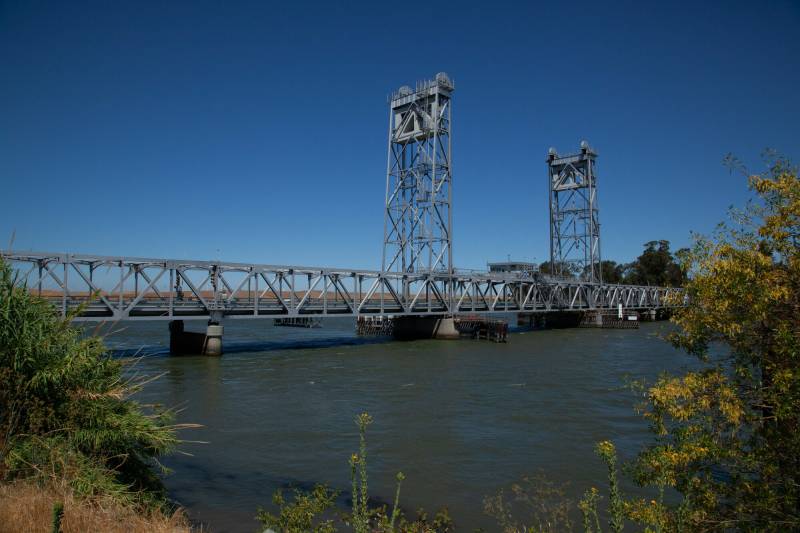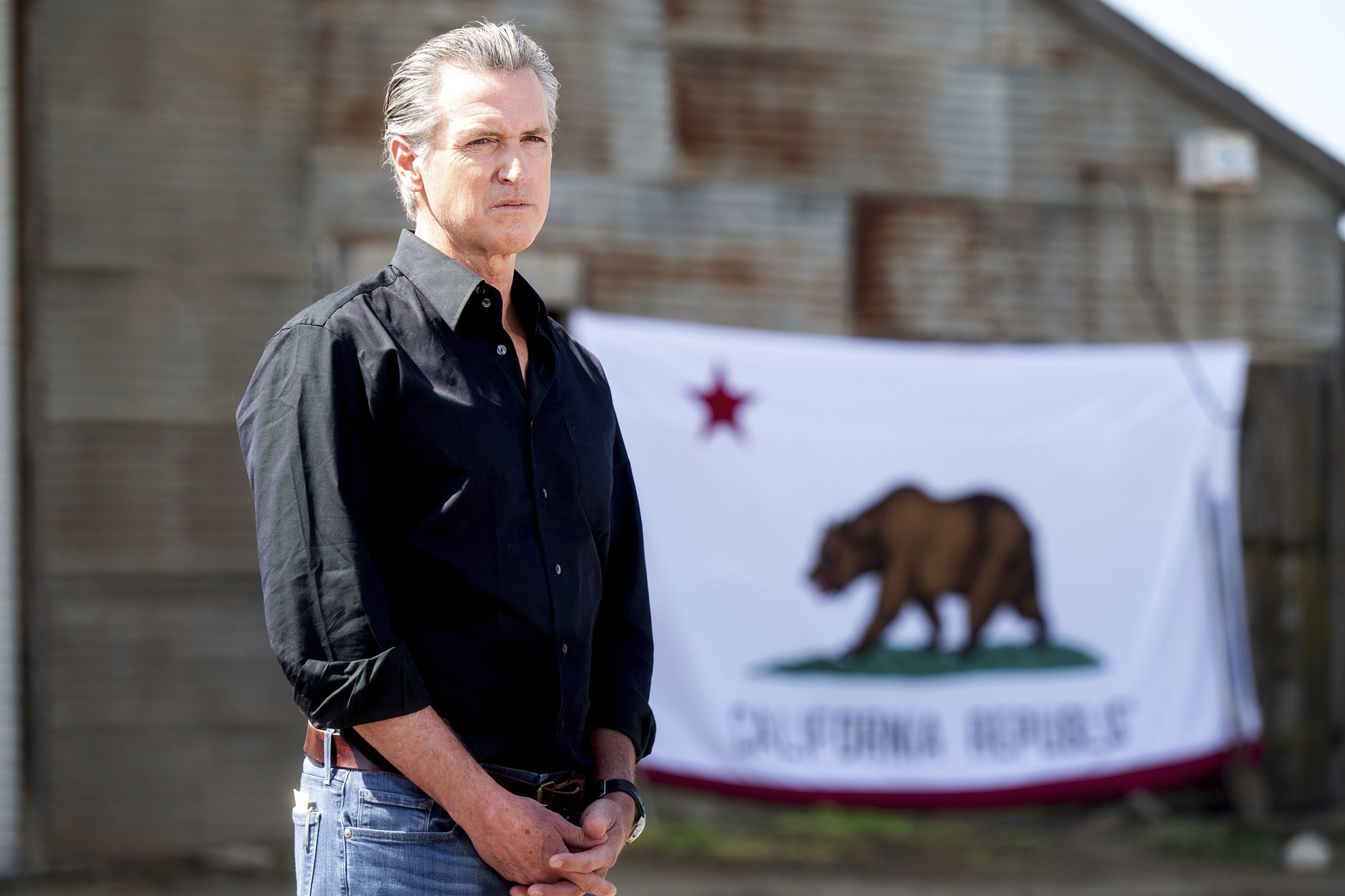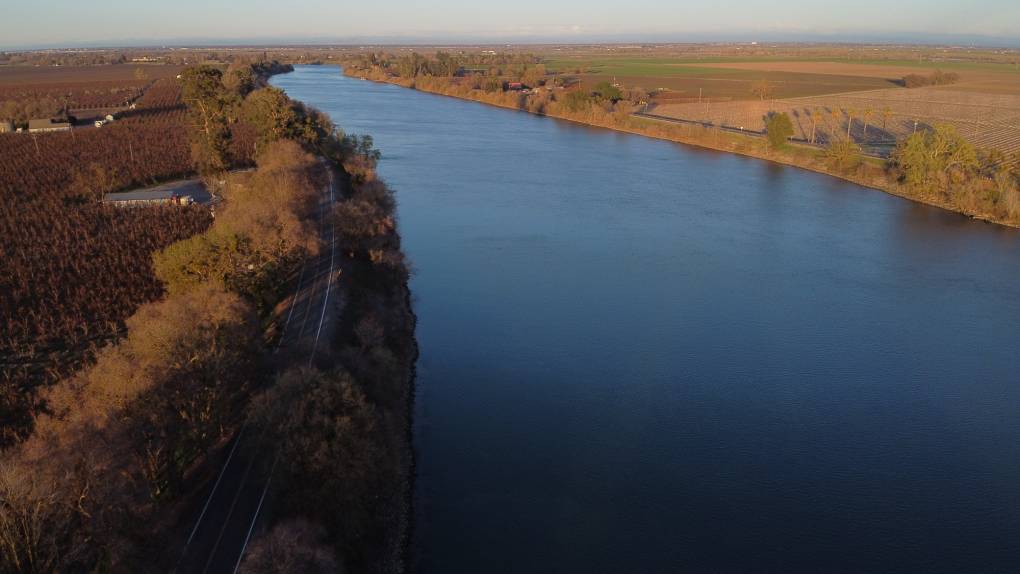Updated at 2:58 pm
Less than a week after Gov. Gavin Newsom proposed fast-tracking a controversial tunnel project to send more Northern California water south, a group of lawmakers, tribal leaders and environmentalists is calling on the Legislature to reject the idea, calling it “a broken process that silences local voices.”
Members of the Legislature’s Delta Caucus on Tuesday said that the project will cost more than $20 billion and that Californians will ultimately foot a mounting bill because of inflation and tariffs imposed by President Donald Trump. They also accused Newsom of favoring agricultural interests and Southern California over the needs of Northern California communities, and said the project will harm fish species, the environment and local economies.
“This project will devastate the delta’s ecosystem and place an enormous financial burden on ratepayers at a time when Californians are already struggling with the cost of living,” said Assemblymember Lori Wilson, D-Suisun City, who represents communities throughout the Sacramento-San Joaquin River Delta.



